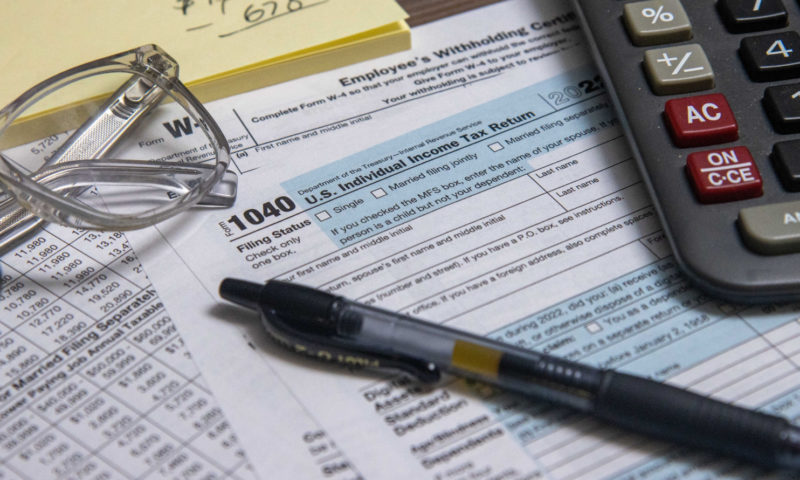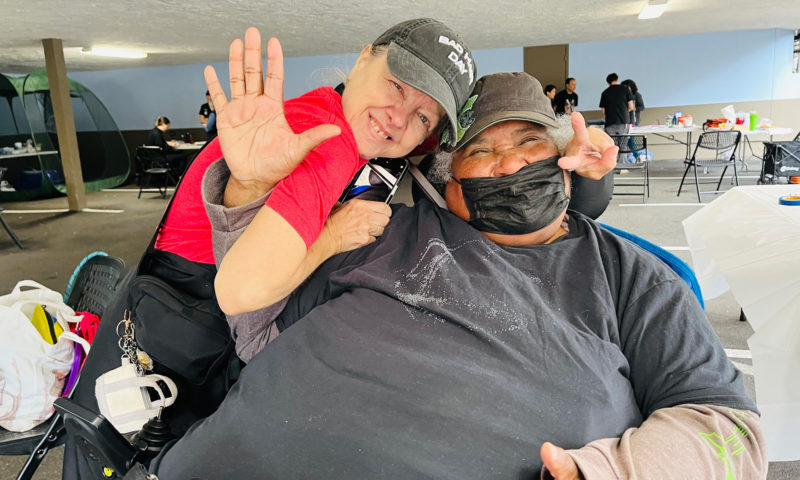Free clinic in February for seniors, others
A free dental, vision, and medical clinic for seniors and other people in need is scheduled for Feb. 15-18 at Seattle Center.
Services that will be offered through Seattle-King County Public Health, regardless of insurance, income or immigration status, will include dental fillings and extractions, eye examinations and prescription eyeglasses, physical exams, behavioral healthcare, social work, immunizations, laboratory tests, mammograms, ultrasounds and x-rays.
A limited number of tickets will be distributed at Fisher Pavilion starting at 5:30 a.m. each morning on a first-come, first-served basis. Additional information is available at seattlecenter.org/patients or call 206-684-7200.
“We primarily serve what we refer to those who are increasingly left out of our healthcare systems and safety nets.” said Julia Colson, the free clinic’s founder and project executive, “The elderly, immigrants and refugees, the uninsured and underinsured, those who may make too much to qualify for assistance but not enough to afford the care they need–this is who we most often see looking for help.”
As healthcare costs continue to rise and public services dwindle, the clinic fills a vital need, Carlson said. For many patients, it’s a long-overdue chance at care for chronic health conditions or treatment they couldn’t otherwise afford, she explained.

